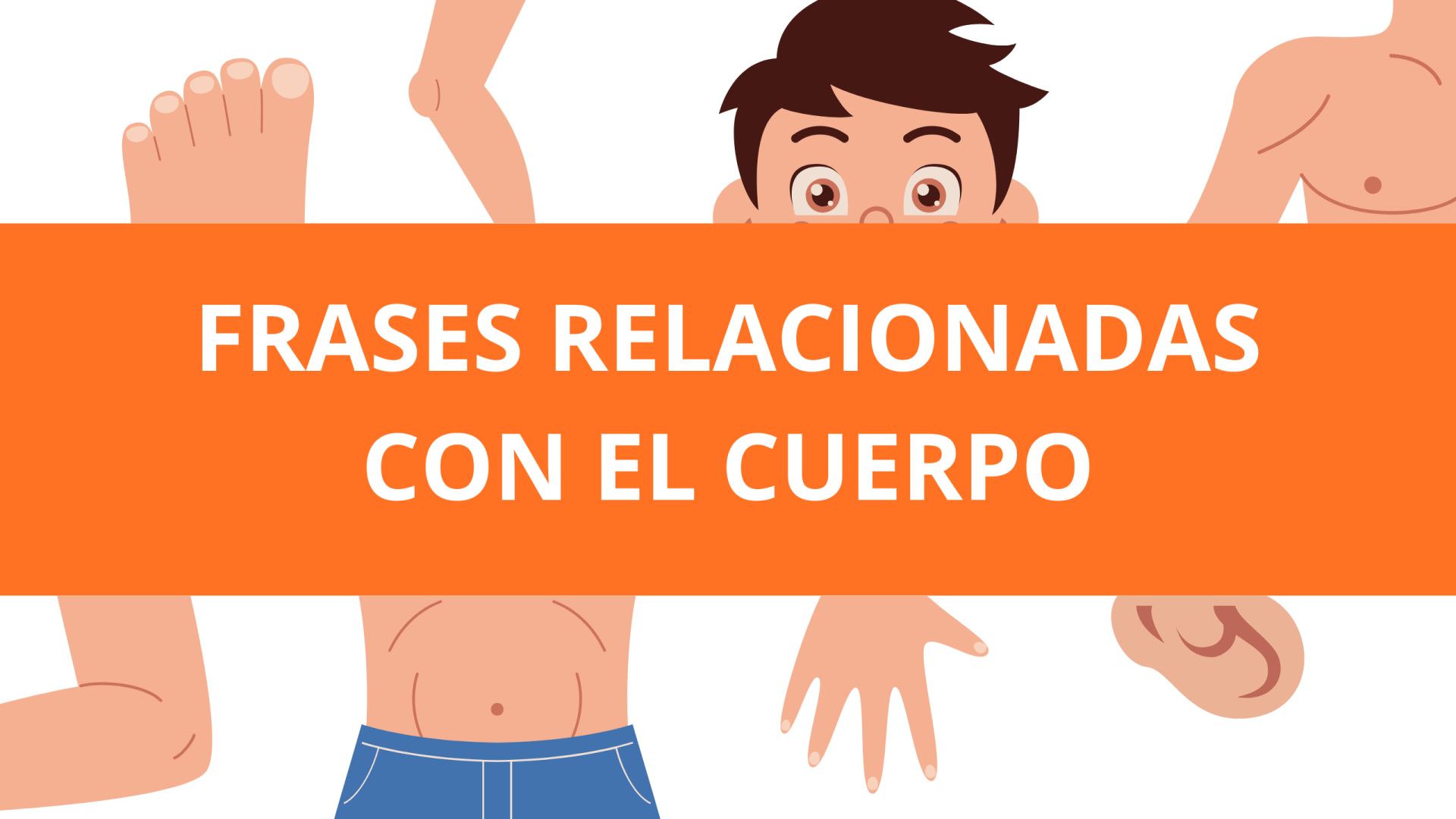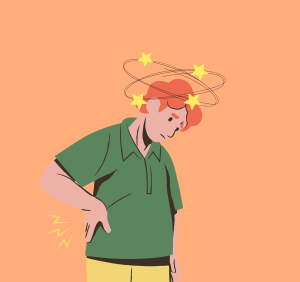Idiomatic Expressions with Body Parts
The use of phrases and idiomatic expressions that refer to body parts is very common in everyday language. These expressions should not be taken literally, as their meaning is often figurative and does not correspond to a literal description of the body part in question.
Next, we will explore some of the most common expressions that refer to body parts and their figurative meaning. These are just a few; there are many more:
“Give a hand“
This expression refers to the action of helping someone. The use of the hand in this context is a metaphor to describe the act of providing assistance. For example, “I’m going to give you a hand with your tasks.”
“Put your hand in the fire“
This expression means to be completely sure of something or someone and be willing to bet on it. It is believed that the expression comes from the idea that someone who can put their hand in the fire without getting burned is completely reliable. For example, “I can put my hand in the fire for my best friend.”
“Have a heart of stone“
This expression is used to describe someone who is insensitive or cold. The use of the heart in this context is a metaphor to describe someone’s emotional attitude. For example, “The boss has a heart of stone when it comes to firing employees.”
“See stars“
This expression is used to describe the sensation of intense pain. It is believed to come from the idea that the pain is so intense that you can see a flash of light similar to a star in your field of vision. For example, “When I hit my knee, I saw stars.”
“Show your face“
This expression is used to describe the act of taking responsibility for something. The use of the face in this context is a metaphor to describe the action of facing a situation. For example, “I decided to show my face and tell my boss the truth.”
“Have your feet on the ground“
This expression is used to describe someone who is realistic and sensible. The use of the feet in this context is a metaphor to describe someone’s attitude toward life. For example, “My friend has his feet on the ground and always makes sensible decisions.”
“Have your head in the clouds“
This expression is used to describe someone who is distracted or has difficulty concentrating. The use of the head in this context is a metaphor to describe someone’s attitude toward their surroundings. For example, “My brother always has his head in the clouds and forgets everything.”
“Turn a deaf ear“
This expression is used to describe the action of ignoring something. The use of the ears in this context is a metaphor to describe the action of not listening to something. For example, “My boss turns a deaf ear to all employee complaints.”
“Turn a blind eye“
This expression is used when someone pretends not to see something happening around them. Its origin is unknown.
“Have a sharp tongue“
This expression is used to describe someone who is sarcastic or has a biting way of speaking. The use of the tongue in this context is a metaphor to describe how someone speaks. For example, “My coworker has a sharp tongue and always makes sarcastic comments.”
“Have a long nose“
This expression is used to describe someone who is envious or jealous. The use of the nose in this context is a metaphor to describe someone’s attitude toward what others have. For example, “My neighbor has a long nose because he can’t afford a new car like mine.”
“Have your fingers crossed“
This expression is used to describe the action of optimistically hoping that something will happen. The use of crossed fingers in this context is a metaphor to describe the action of hoping that something turns out well. For example, “I have my fingers crossed for the exam to go well.”
“Have your nerves on edge“
This expression is used to describe a feeling of anxiety or tension. The use of the nerves in this context is a metaphor to describe the feeling of tension in the body. For example, “I’m waiting for the exam results and my nerves are on edge.”
“Wake up on the wrong foot“
This expression is used to describe a bad start to the day. Its origin dates back to the ancient belief that the left foot was bad luck.
“In the blink of an eye“
It refers to an act that happens very quickly. Its origin, they say, dates back to ancient Greece, where mythology describes the goddess Athena jumping from the head of Zeus and already fully dressed, suggesting that the act happened in an instant… although we’re not very sure about that.
These expressions often have interesting historical origins and are an effective way to convey figurative meanings in everyday language. Although these expressions may seem strange or confusing to non-native speakers, once their figurative meaning is understood, they can add richness and diversity to the way we communicate.
Why wait to come to our Spanish classes to learn these expressions?







